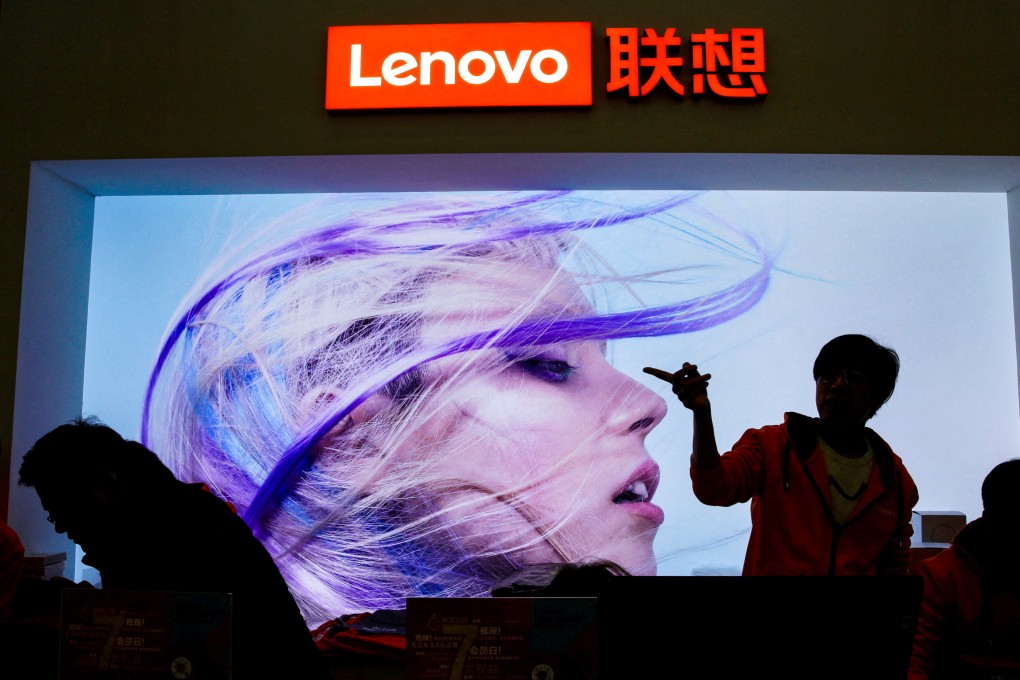Hong Kong stocks leap as investors eye China market reforms, stimulus
- China’s top stock market regulator Wu Qing unveiled fresh measures to reform Shanghai’s Nasdaq-style tech board, while pledging improved listing quality

The Hang Seng Index jumped 2.9 per cent to 18,430.39 at close, the biggest daily gain since March 12 when it rose 3.05 per cent. The Tech Index surged 3.7 per cent but the Shanghai Composite Index declined 0.4 per cent.
China’s top stock market regulator Wu Qing unveiled fresh measures to reform the technology board, or the Star Market, and said the overhaul would focus on underwritings, mergers, stock incentives and trading to promote tech innovation, during his keynote speech at the two-day Lujiazui financial forum.
That added to the optimism after Wall Street’s rally overnight took the S&P 500 and Nasdaq to new peaks propelled by the artificial intelligence (AI) mania which made Nvidia the world’s most valuable company.
AI-related stock Lenovo Group jumped 9 per cent to HK$12.08. Morgan Stanley analysts say Lenovo is likely to be the main beneficiary of the AI PC boom in Asia. HSBC estimated Lenovo’s AI PC penetration rate to rise and upgraded its target price to HK$13.5 from HK$11.7, according to a note in May. Chinese AI chip maker Sensetime surged 6.7 per cent to HK$1.43.

“The reforms announced at the Lujiazui Forum today are conducive to foreign funds entering the stock market as policy measures focus on protecting the rights and interests of investors and on improving the quality of listed companies,” said Jason Chan, senior investment strategist at Bank of East Asia.